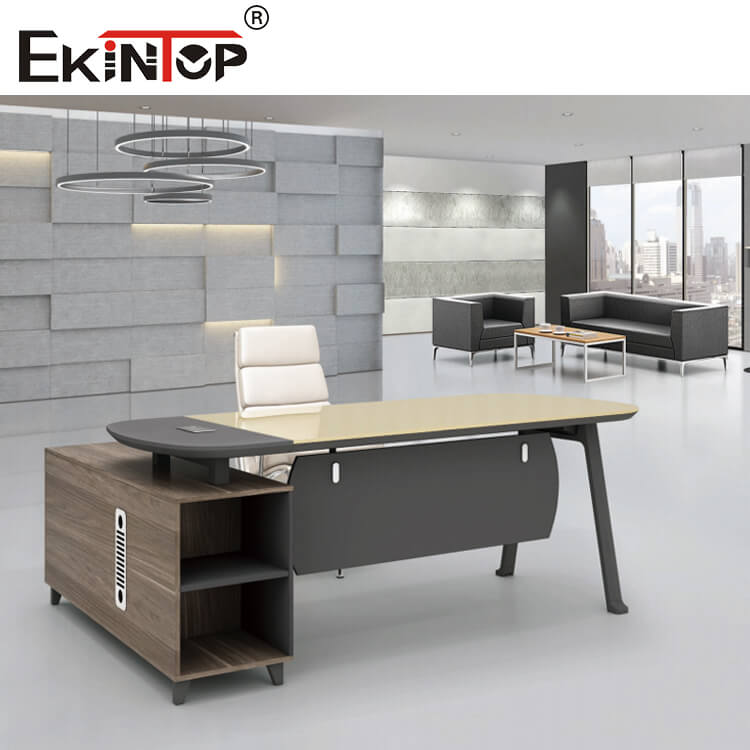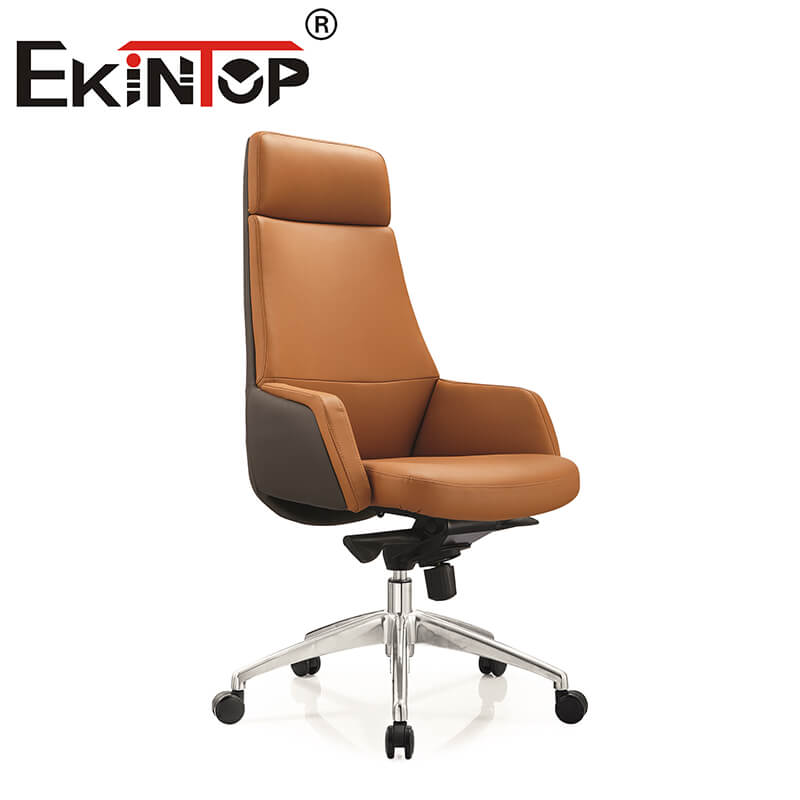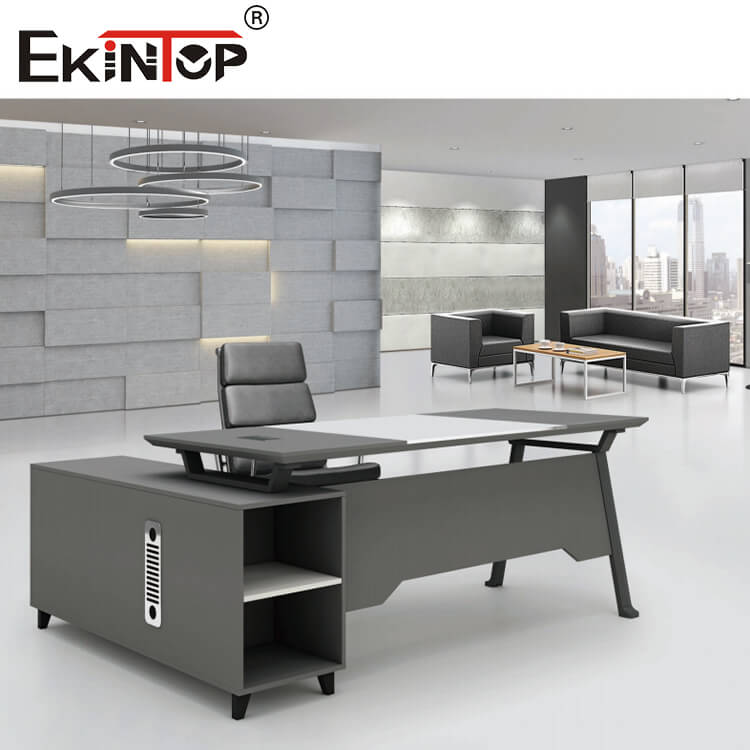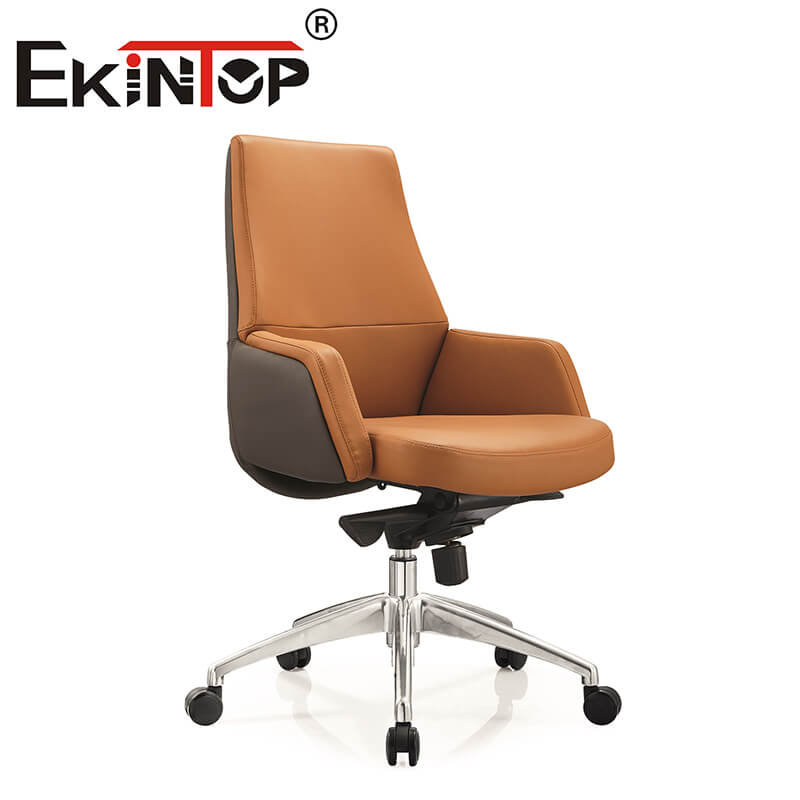
October 15,2025
admin
At the German Homag Group's smart workshop, an automated panel furniture production line is outputting customized office desks at a speed of 17 seconds per piece, with laser positioning accuracy reaching ±0.03mm, and order data is directly transmitted to logistics robots for automated loading. This is not only a revolution in manufacturing efficiency but also highlights the unique position of commercial furniture factories as the best testbeds for Industry 4.0. According to Interact Analysis, global investment in smart furniture equipment reached $7.8 billion in 2023, with the payback period for digital factory transformation reduced to just 2.3 years.
Modular production lines reconstruct production logic. The MX FlexCell system from Italy’s SCM Group uses magnetic levitation tracks to dynamically adjust equipment spacing, enabling a switch between office chair and filing cabinet production lines within 45 minutes. Its digital twin platform simulates 2,000 production scenarios, increasing equipment utilization from the industry average of 68% to 92%.
Additive manufacturing technology breaks traditional limitations. US-based Knoll has introduced metal 3D printing technology for chair frames, reducing the process from 32 steps to just 5. The product’s weight is reduced by 40%, and its topology-optimized structure improves stress distribution by 58%, extending fatigue life beyond 10 years. The energy consumption per unit is also reduced to 23% of traditional processes.
Visual inspection systems revolutionize quality control. Japan's Amada developed an AI-based inspection system, using a 16K ultra-high-definition camera and deep learning algorithms to complete a 360° scan of furniture surfaces in just 0.8 seconds. Defect detection accuracy reaches 5μm. After implementation by a publicly traded company, quality costs decreased from 3.2% of revenue to just 0.7%.

The Internet of Things (IoT) hub optimizes production cycles in real-time. Zhejiang Henglin’s 5G-connected factory has industrial-grade sensors installed at 132 key nodes, dynamically adjusting the work parameters of 600 machines via the MES system. As a result, production plan completion rates increased from 82% to 99.5%, and overall equipment effectiveness (OEE) surpassed 87%.
Blockchain technology reshapes supply chain management. Steelcase’s Material Cloud platform enables over 2,000 raw material suppliers to store data on the blockchain. From FSC-certified wood to REACH-compliant hardware, the traceability time for materials is reduced from 72 hours to real-time, improving compliance audit efficiency by 400%.
AI drives product innovation. Herman Miller’s generative design platform automatically outputs 100,000 chair frame designs based on ergonomic parameters. After finite element analysis, the final design improved lumbar support distribution by 37%, reducing the R&D cycle to 1/5 of traditional methods.

Closed-loop production systems achieve zero waste. Vitra’s PET recycling production line crushes and remelts old office chairs, achieving a material recycling rate of 98%. Water-based UV coatings reduce energy consumption during curing by 76%, and VOC emissions are only 0.8g/m³, well below the EU’s 30g/m³ standard.
Distributed energy systems reshape energy consumption logic. South Korea’s Fursys factory has installed 24,000m² of photovoltaic panels on its rooftop, generating 3.2GWh of electricity annually. The molten salt thermal storage system releases energy at night, making the spray-painting workshop 85% energy self-sufficient and reducing the carbon footprint per unit product to 41% of the industry average.
Biomanufacturing technology opens new pathways. Dutch company DESSO uses mycelium-grown partition boards, which sequester 12kg of CO₂ per square meter during their 28-day growth cycle. The surface's nano-imprinted wood texture is accurate to 0.1mm, and its bending strength surpasses medium-density fiberboard (MDF). The board is completely biodegradable at the end of its lifecycle.

Collaborative robots break the bottleneck of precision assembly. ABB’s YuMi robotic arms, with a repeat positioning accuracy of 0.01mm, work in tandem with human operators to assemble swivel chair star bases. Its force feedback system can detect pressure changes as small as 0.1N, reducing workplace injuries to just 1/15 of traditional workshops.
Augmented reality technology empowers skill transmission. PTC’s Vuforia platform transforms assembly manuals into 3D holographic images, reducing new employee training cycles from 6 weeks to 72 hours. After its application by Boeing suppliers, assembly errors dropped by 79%, and skilled worker output increased by 43%.
Brain-machine interfaces optimize production management. Neurable’s system analyzes EEG signals to assess decision-making stress in production line managers. When cognitive load exceeds a threshold, the AI assistant takes over 20% of routine decisions. Real-world tests in a smart factory showed a 38% increase in management efficiency and a threefold increase in response speed to emergencies.

At an invisible champion factory in Shenzhen, quantum computers are optimizing scheduling combinations for 3,800 components, compressing mold changeover time to quantum limits. This signals the evolution of commercial furniture factories from labor-intensive workshops to algorithm-driven precision systems. As manufacturing precision reaches atomic-level control, energy utilization achieves carbon-negative cycles, and human-machine collaboration reaches quantum entanglement-like harmony, the boundaries of traditional manufacturing are dissolving.
By choosing Ekintop’s Industry 4.0 solutions, you will receive not just production equipment but the key to unlocking the revolution of manufacturing across dimensions.

